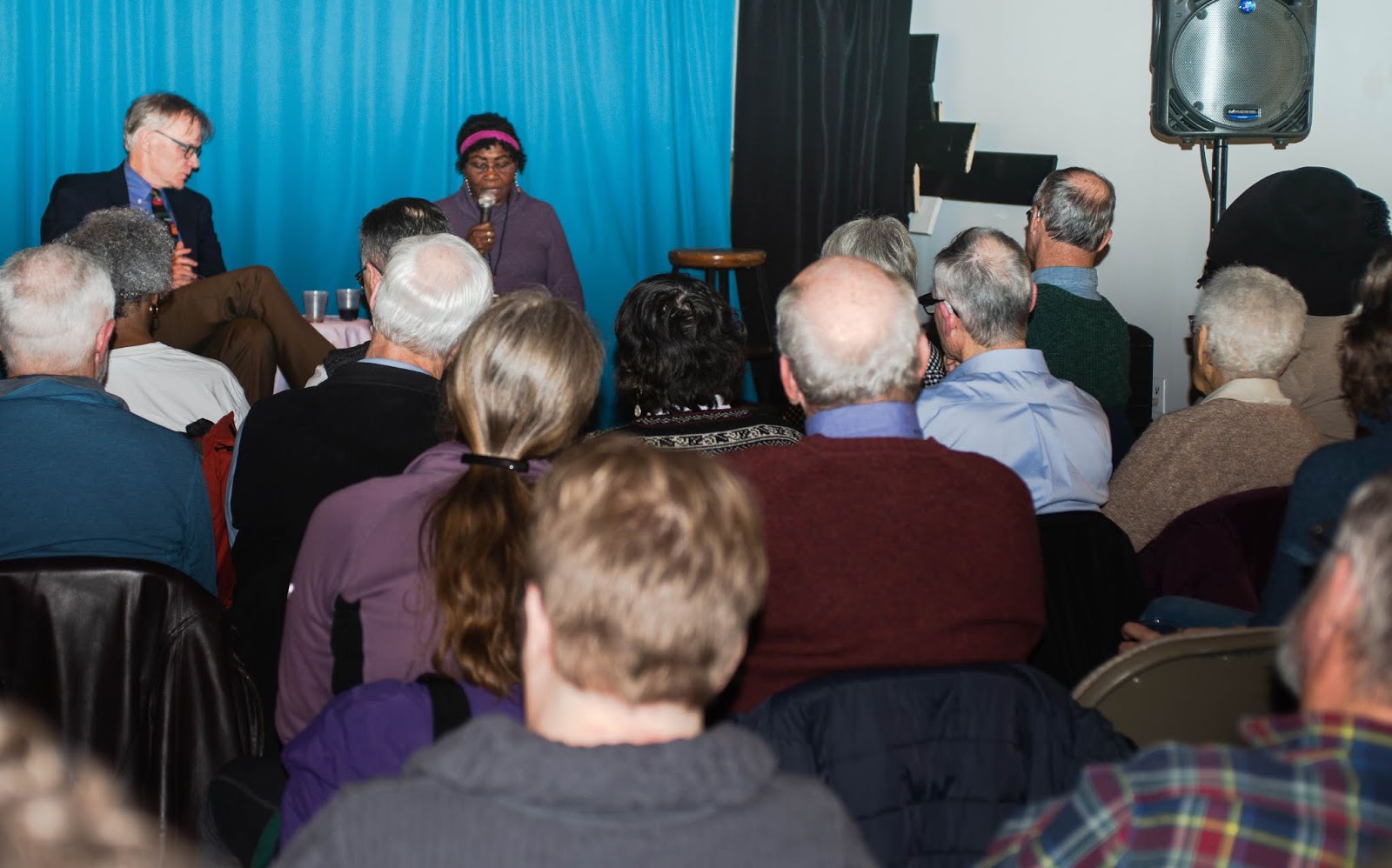

And in effect he is saying to them, “I’ll sing for you but you may not like it.” That was Douglass’s - and he did it hundreds of times elsewhere - it was Douglass’s most brilliant expression of - or critique of - this American hypocrisy about freedom in a land of slavery.Ī lot of people were worried about this contradiction.

“By the rivers of Babylon, there we sat down.” We were the captives from Egypt and he said, you made us sing for you. His audience would’ve known that passage.

We hanged our harps upon the willows in the midst thereof, for there they that carried us away captive required of us a song, and they who wasted us required of us mirth, saying ‘sing us one of the songs of Zion.’ How can we sing the Lord’s song in a strange land? If I forget thee O Jerusalem, let my right hand forget her cunning, if I do not remember thee, let my tongue cleave to the roof of my mouth.” What has Douglass just done to his friendly audience? He’s used one of the most famous passages in the Bible. And he simply reads: “By the rivers of Babylon there we sat down. And then he just floats, without announcing his text, into the 137 th Psalm. “The Fourth of July is yours and not mine you may rejoice, I must mourn,” and on and on he goes.Īnd then there’s the moment, one of the most brilliant rhetorical moments in American letters, in my view, certainly in abolitionist writing, where he doesn’t even announce his text to his well rooted Biblical audience, and he says, after raining down on them this long passage about - “the Fourth of July is yours, you may rejoice, I must mourn, to drag a man in fetters into the grand illuminated temple of liberty and call upon him to join you in joyous anthems, is inhuman mockery,” he says. And he says, in effect - he says more than in effect, he says it directly - “why have you invited me to speak to you on your Fourth of July?” And he just rains the pronouns on them: you, you, you, you, your, your, your, your. And then it’s as if he has a staff bolting the doors around the hall, and then he’s got a staff riveting people into their seats, puts metaphorical seatbelts on them and says, “you won’t move until I rain Hell down on you for the next twenty minutes.” Which is what he did. He just makes them feel good about the founders. Read that speech because it’s as if Douglass, after that first opening, gentle introduction where he sets his audience at ease about the greatness of the Founding Fathers, the genius of the Declaration of Independence - he calls it the ring-bolt of American independence, the ring-bolt of American identity. He gave the address in the house of his friends, Corinthian Hall in Rochester, 600 people in the audience double, more than double your numbers. He says “thank you very much.” The invitation was from the Ladies Anti-Slavery Society of Rochester, New York, many of whom were his friends. It is all about the crisis that has gripped the country in the wake of the Compromise of 1850, in the midst of this expansion of slavery into the West, and the way it has begun to tear apart America’s political culture.Īnd on the 4 th of July, amidst his friends in Rochester, New York, he’s invited to give the 4 th of July oration. I may refer to it at the end of this lecture, depending on the time. It’s like a symphony in three movements I say that in a little head-note introduction to it. It was Frederick Douglass as Beethoven on steroids, but with language. It is the rhetorical masterpiece of American abolitionism, one of the greatest works of oratory in American history. If you’ve never read it, you should read it. Anyway, if you haven’t noticed, at the back of this edition of Douglass’s narrative there are not only a variety of ancillary documents, Douglass’s greatest speech is also included. Professor David Blight: If you haven’t noticed, at the back of my edition of Douglass’s narrative, which is the one I’m hoping you are using. The Civil War and Reconstruction Era, 1845-1877 HIST 119 - Lecture 6 - Expansion and Slavery: Legacies of the Mexican War and the Compromise of 1850Ĭhapter 1.


 0 kommentar(er)
0 kommentar(er)
